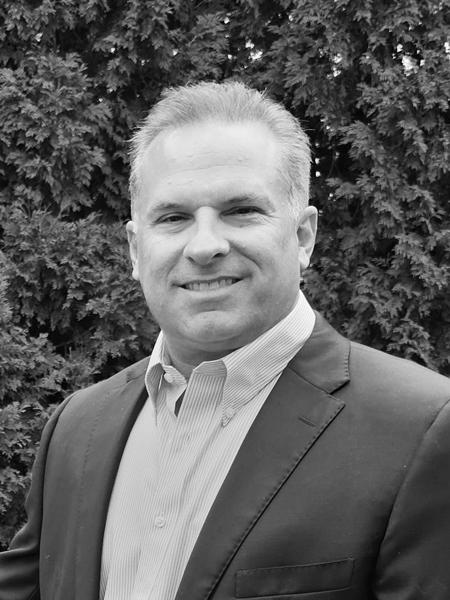Many entrepreneurs, in general, are serial idea people. They’re always on to one thing or another. That's part of the passion. But you have to get that idea into the endzone, have it become marketable or something the consumer can enjoy.
If you really want to become an innovator, look at something that’s a simple problem in your household. See what's around. [Take note:] that doesn't work. How do I make that better?
You have to show the product. Once you create a prototype, you have to look at the scalability of it. You have to say, if I invent this thing, what can I bring it to market at, in terms of pricing? How much can I sell it for? What's my elasticity so to speak? And who is my target market?
One of the largest obstacles is capital. You have to either be able to fund it yourself—if you're fortunate enough to have enough money to do so—or have investors who allow you to prototype, maybe go on a ride with you before there is a return on their investment.
A lot of times investors won't jump on until there's actual sales of that product, because they're not necessarily interested in your product, they're interested in return on their investment, which is a very different thing. So when it comes to these ideas and bringing them to market, it kind of takes a passionate backer. It’s usually family—a parent, a friend, uncle, cousin.
Also, [you need] stick-to-itiveness, so that you don't lose your passion because you're so afraid of failure. That's one thing you can never be afraid of—failure—because it's going to happen more often than not. You may have the greatest idea in the world, but whatever barriers there are—whether it be financial barriers, market barriers—you still have to stay with it and try to push it forward.
You have to really be so into your idea. You have to sell it to people. If you don't believe in it, it's probably not going to get off the ground.
So many people are going to tell you your idea is silly. So many people are going to tell you it doesn't have a market. So many people are going to tell you things that are just more negativity than positivity. That's just the nature of the human being. It's easier to say no, because that doesn't take any risk.
Ploetner is founder and CEO of Triton Investments, which specializes in real estate development and investment. He is a Lehigh University Alumni Association (LUAA) board member.






